
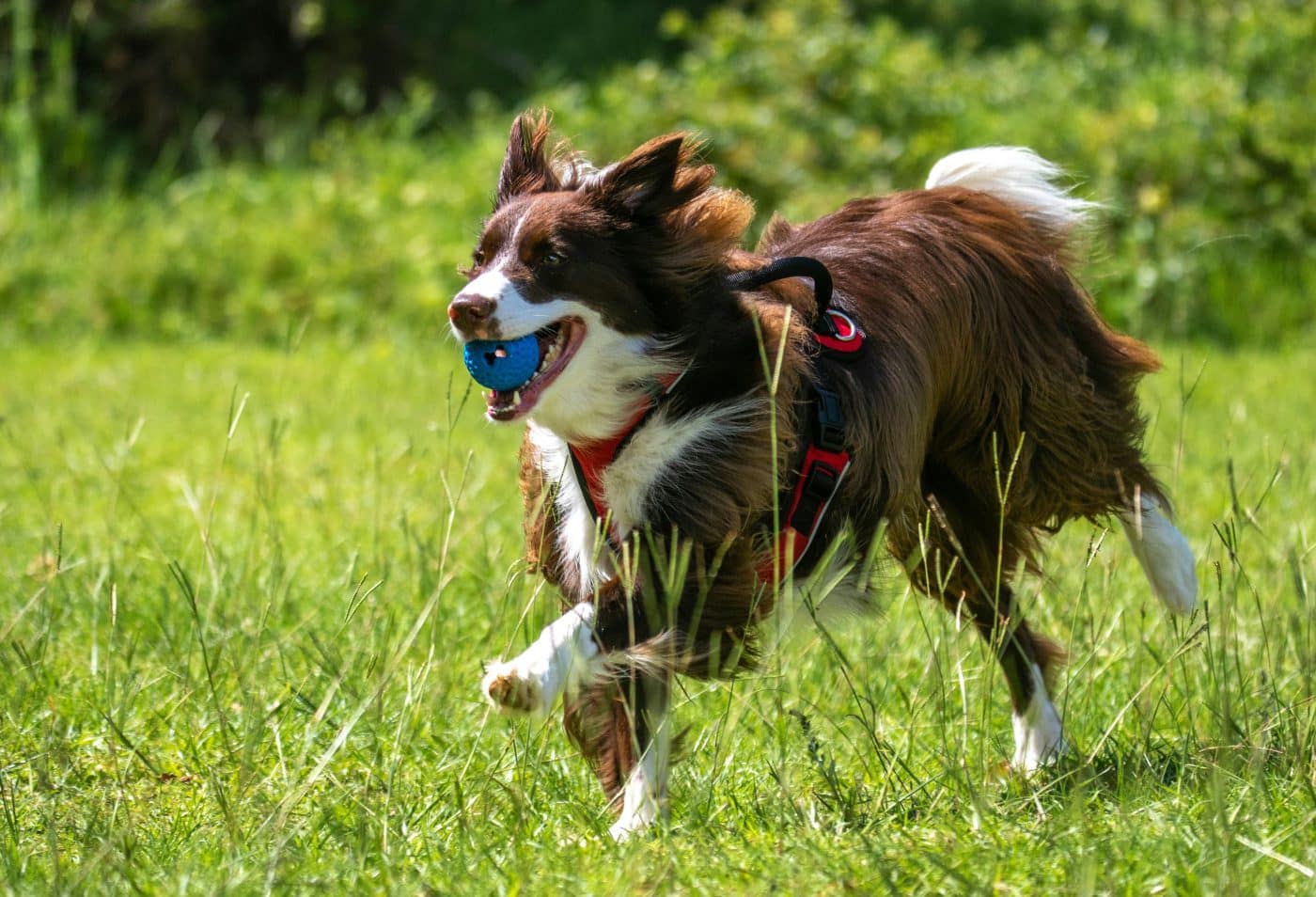
Every dog owner wants their furry friend to live a long, happy, and healthy life. While regular vet visits and a nutritious diet are essential, many other ways exist to keep your dog in top shape. From exercise routines and mental stimulation to dental care and proper grooming, every action you take significantly affects your overall well-being. A proactive approach to your dog’s health ensures they stay active and joyful while strengthening your bond. With the right care and attention, your pup will thrive for years.
Provide a Balanced Diet
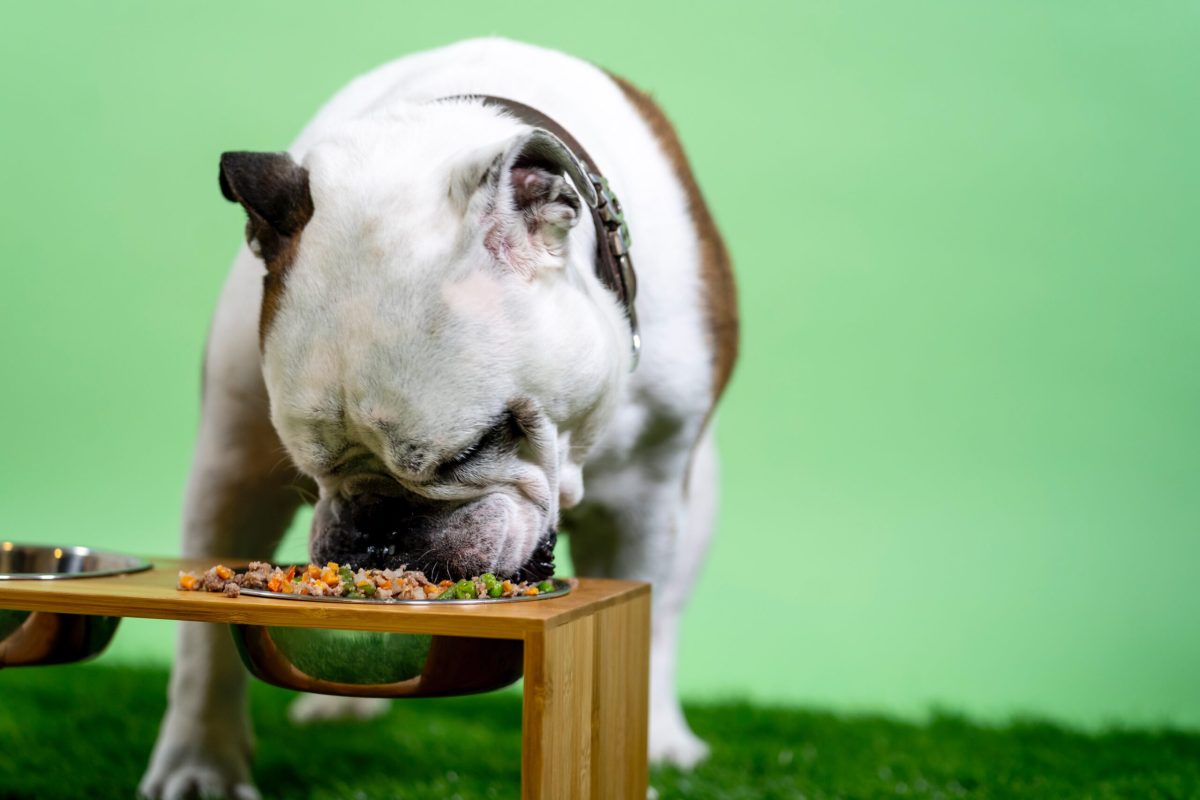
A well-balanced diet is crucial to your dog’s overall health. To thrive, dogs need a mix of proteins, fats, carbohydrates, vitamins, and minerals. Feeding them high-quality dog food or a vet-approved homemade diet can keep their coat shiny, their energy levels high, and their digestive system in check. Make sure to choose food appropriate for your dog’s age, size, and breed, and avoid feeding them table scraps or foods that are toxic to dogs, like chocolate or grapes. Proper nutrition strengthens their immune system and keeps them at a healthy weight, preventing a host of potential health issues.
Ensure Regular Exercise
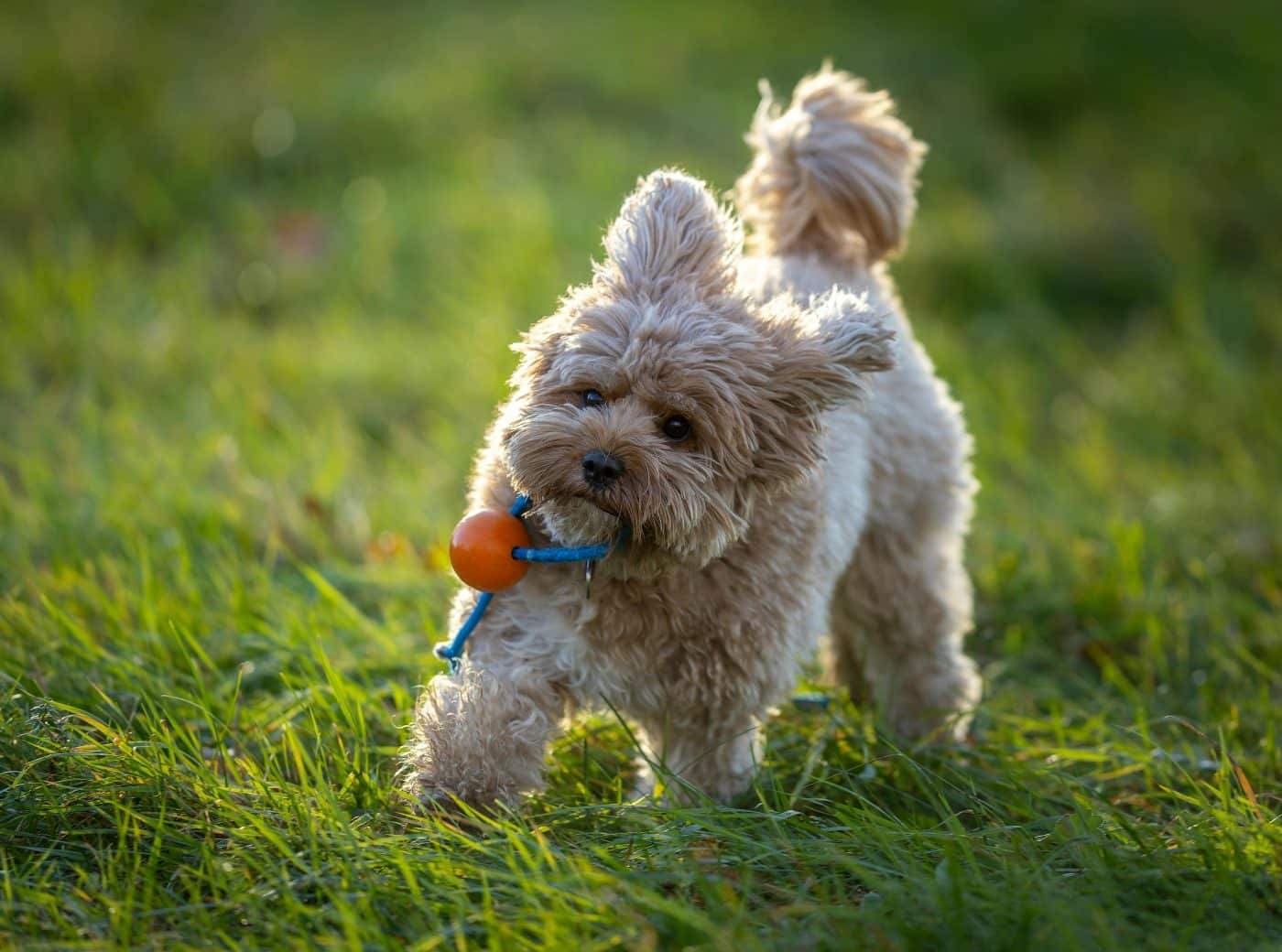
Dogs need daily exercise to maintain a healthy weight, build strong muscles, and stimulate their minds. Exercise helps to burn off excess energy, reduces the risk of obesity, and can prevent behavioral problems. The type and duration of exercise depend on your dog’s breed and age—some dogs need long runs, while others do well with a simple walk around the block. Activities like fetch, swimming, or agility training are also great options. Plus, regular exercise keeps your dog happy and allows you both to bond and enjoy some outdoor time together.
Schedule Routine Vet Visits
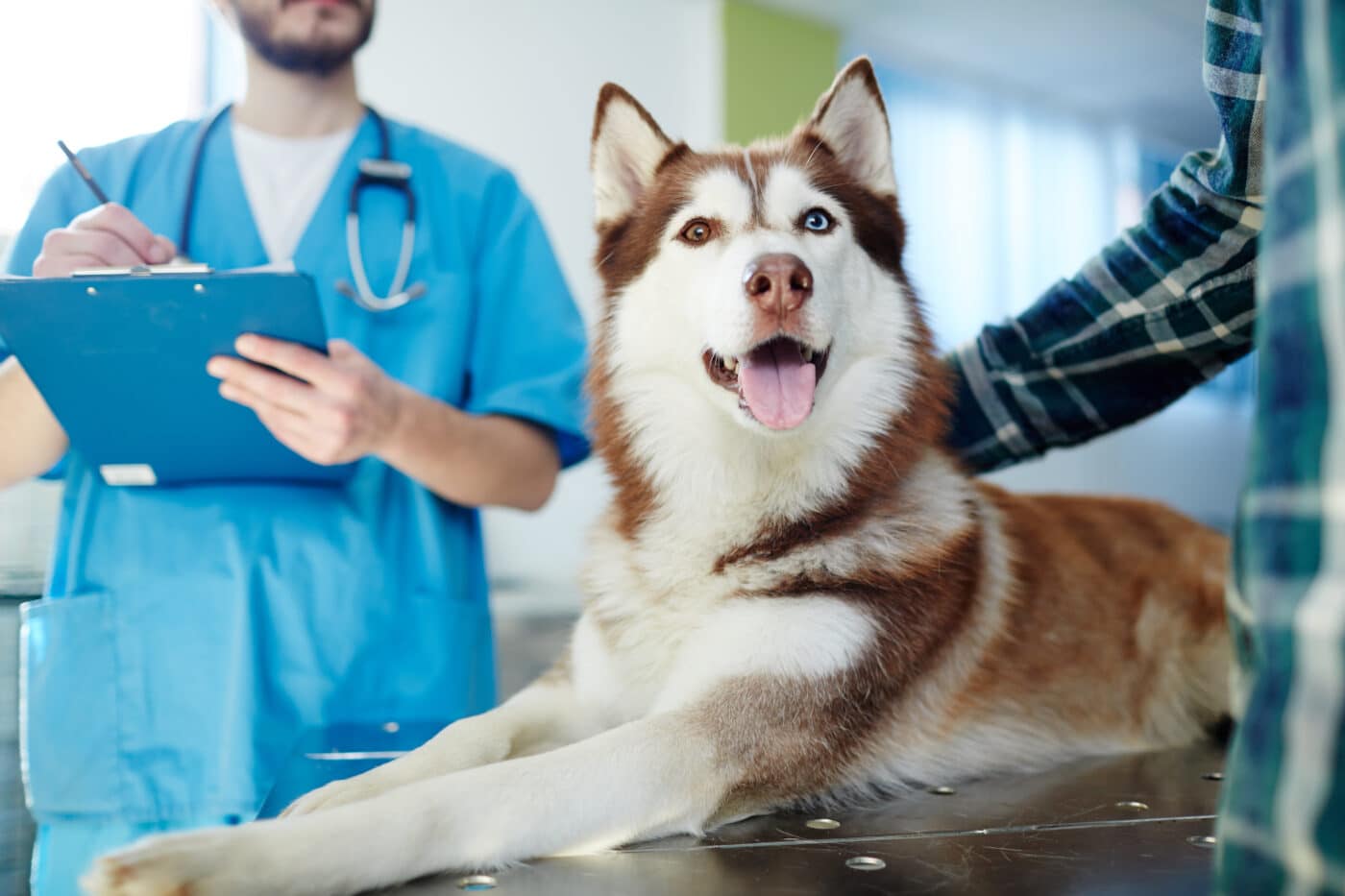
Regular check-ups with your veterinarian are essential to catch potential health problems early and keep up with vaccinations and preventative care. Your vet can provide guidance on diet, weight management, and dental health, as well as check for issues like heartworm or parasites. Annual bloodwork and wellness exams are important, especially as your dog ages. Staying up to date with your dog’s vaccinations and health screenings ensures they’re protected from illnesses and gives you peace of mind. Don’t wait for symptoms to appear—routine vet visits are a proactive way to keep your pup healthy.
Keep Up With Dental Care
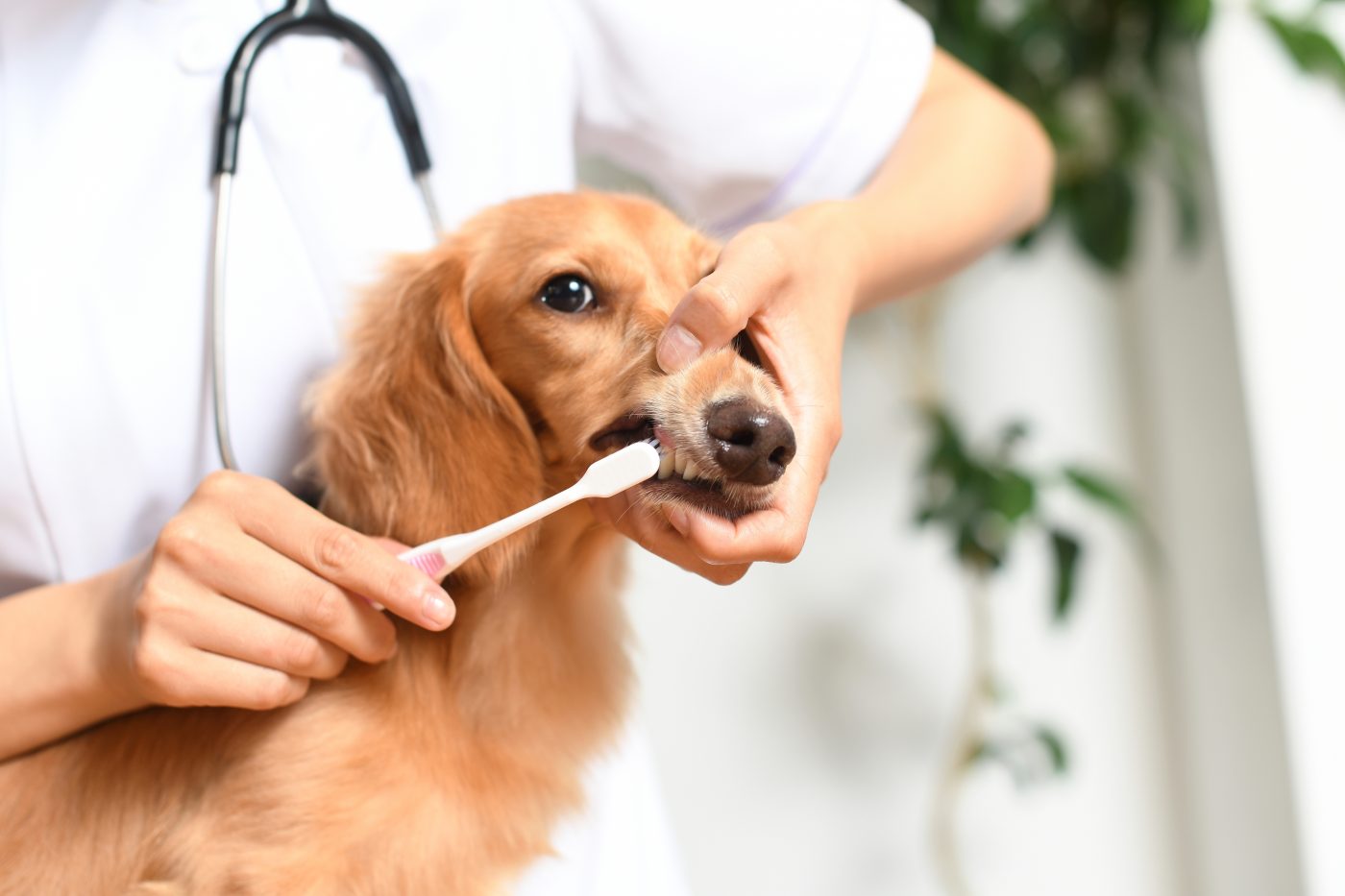
Good dental hygiene is vital for your dog’s overall health. Dental problems, like plaque buildup or gum disease, can lead to serious health issues, including heart and kidney problems. Brushing your dog’s teeth regularly with dog-friendly toothpaste is the best way to prevent dental disease. You can also provide dental chews or toys that help clean their teeth. Regular dental check-ups with your vet may be necessary, especially for older dogs. A clean, healthy mouth means a happier, healthier dog—and much fresher doggy breath for you to enjoy (or at least tolerate).
Maintain a Healthy Weight
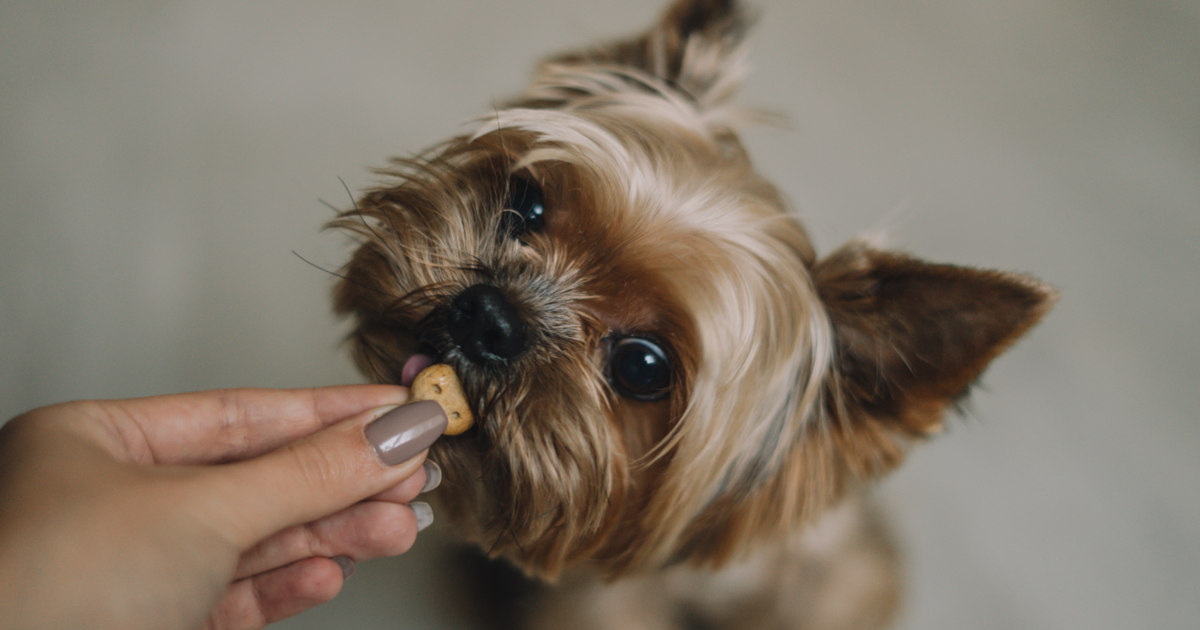
Obesity in dogs is a common and preventable health issue that can lead to serious conditions like diabetes, arthritis, and heart disease. Monitoring your dog’s weight and body condition score helps you ensure they’re staying fit and trim. Be mindful of portion sizes and avoid overfeeding, especially with treats. Instead, choose healthy snacks like carrot sticks or apple slices in moderation. Consult your veterinarian if you’re unsure of your dog’s ideal weight. Keeping your dog at a healthy weight increases their lifespan and improves their overall quality of life, giving them more happy years to share with you.
Provide Mental Stimulation
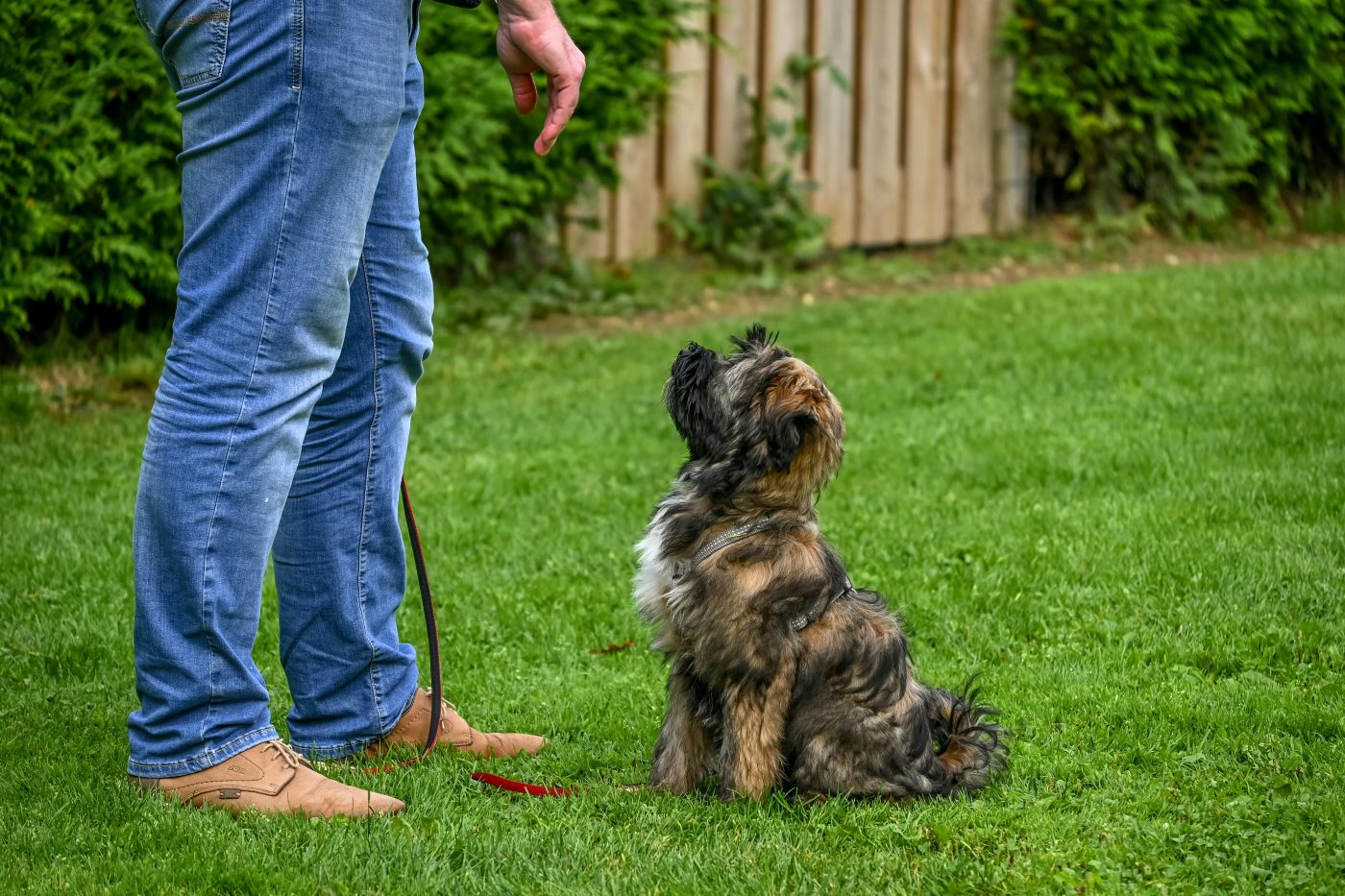
Dogs need mental exercise just as much as they need physical activity. Boredom can lead to behavioral issues, like chewing on furniture or excessive barking. Puzzle toys, training sessions, and interactive games like hide-and-seek can keep your dog’s mind sharp. Regular training not only reinforces good behavior but also provides mental engagement. Teaching your dog new tricks or playing games challenging their problem-solving skills can work wonders. Mental stimulation is especially important for highly intelligent breeds that must stay engaged to be happy and well-adjusted.
Groom Your Dog Regularly
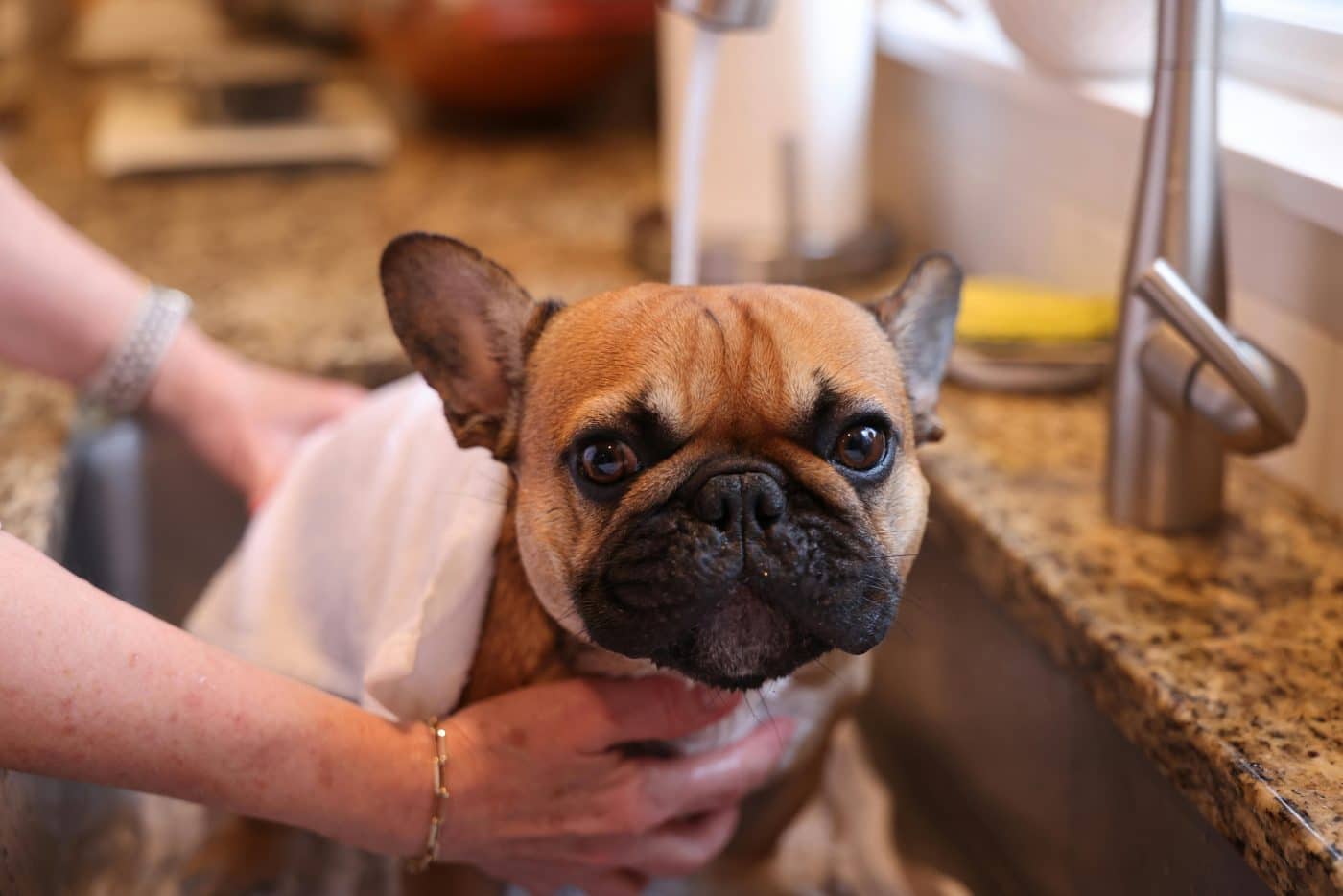
Regular grooming isn’t just about keeping your dog looking good—it’s also important for their health. Brushing removes dead hair, prevents mats, and distributes natural oils throughout their coat, promoting healthy skin. Bathing your dog as needed keeps their fur clean and reduces the risk of skin infections. Don’t forget to trim their nails to prevent discomfort and maintain proper foot health. Regular grooming sessions also allow you to check for any unusual lumps, bumps, or skin irritations. Plus, grooming is a bonding experience that helps your dog feel loved and cared for.
Socialize Your Dog

Socialization is a key part of raising a well-rounded, confident dog. Exposing your dog to different people, environments, and other animals from a young age helps them develop good social skills and reduces anxiety. Well-socialized dogs are less likely to develop behavioral problems like fear-based aggression. Regular trips to the dog park, puppy classes, or dog-friendly events can help with socialization. Even if your dog is older, it’s never too late to introduce them to new experiences. A social, confident dog is a happier, healthier companion.
Keep Their Environment Safe
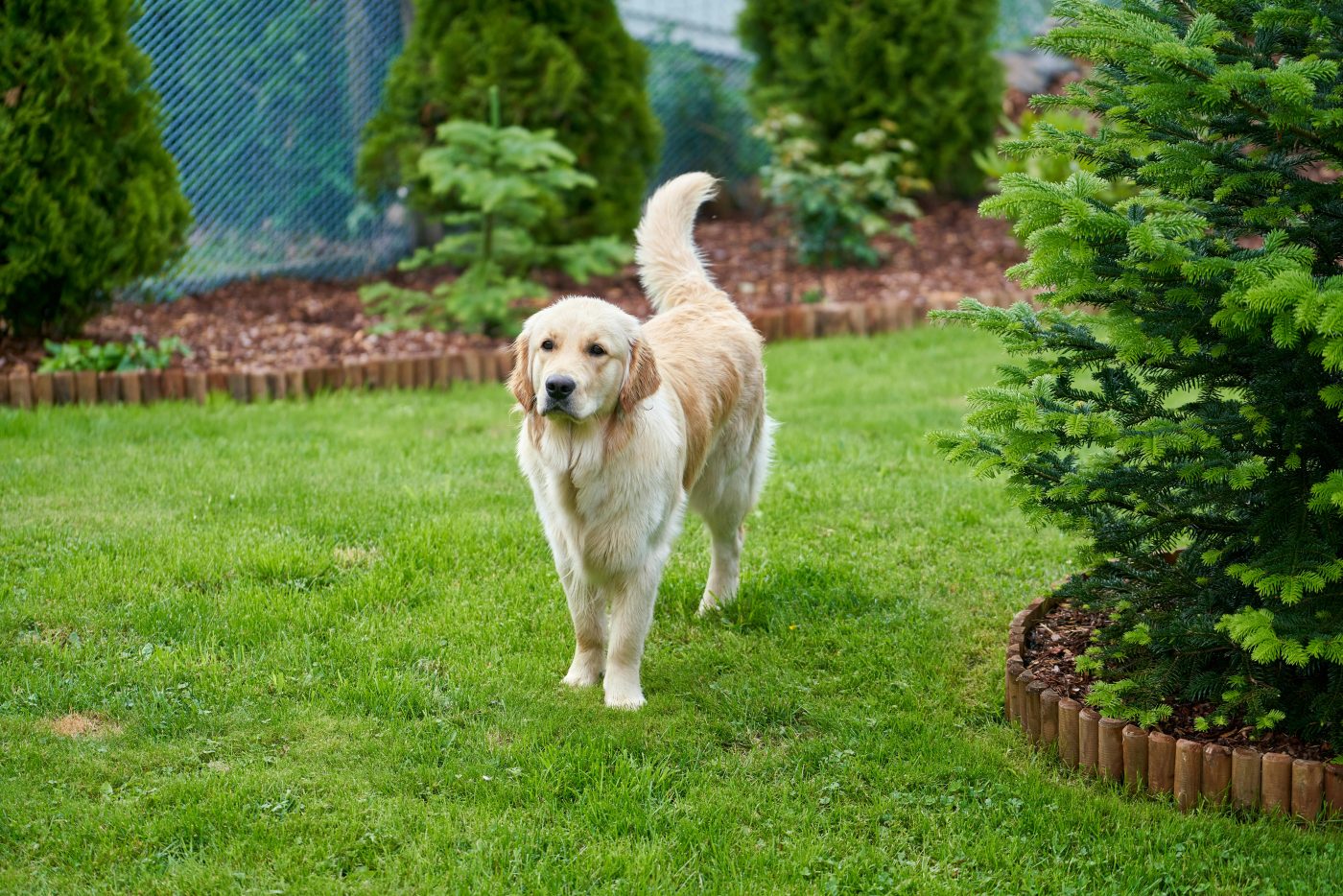
Making your home and yard safe for your dog is an important part of keeping them healthy. Remove any toxic plants, secure trash cans, and ensure that cleaning products and medications are out of reach. If you have a yard, ensure it’s fenced and free of hazards like sharp objects or holes. Supervise your dog during playtime, especially if they’re prone to getting into trouble. Keeping your home safe and dog-proofed can prevent accidents and protect your pup from harm. A safe environment lets your dog explore and play without worry.
Use Parasite Prevention

Parasites like fleas, ticks, and worms can cause serious health problems for your dog. Using year-round parasite prevention, such as flea and tick collars, spot-on treatments, or oral medications, keeps your dog protected. Regularly check your dog for signs of parasites, especially if you live in an area where they’re common. Heartworm prevention is also essential, as heartworm disease can be life-threatening. Talk to your vet about the best options for your dog based on your location and lifestyle. Staying ahead of parasites keeps your dog itch-free and healthy.
Give Them Plenty of Love and Attention

Love and attention are just as important as food and exercise regarding your dog’s well-being. Dogs are social animals that thrive on human interaction, and spending quality time with them strengthens your bond. Whether it’s cuddling on the couch, playing a game of fetch, or going for a walk, your dog craves your company. Showering them affectionately makes them feel safe and loved, and a happy dog is healthier. A strong emotional connection with your dog also helps reduce anxiety and keeps their spirits high.
Teach Basic Obedience Commands
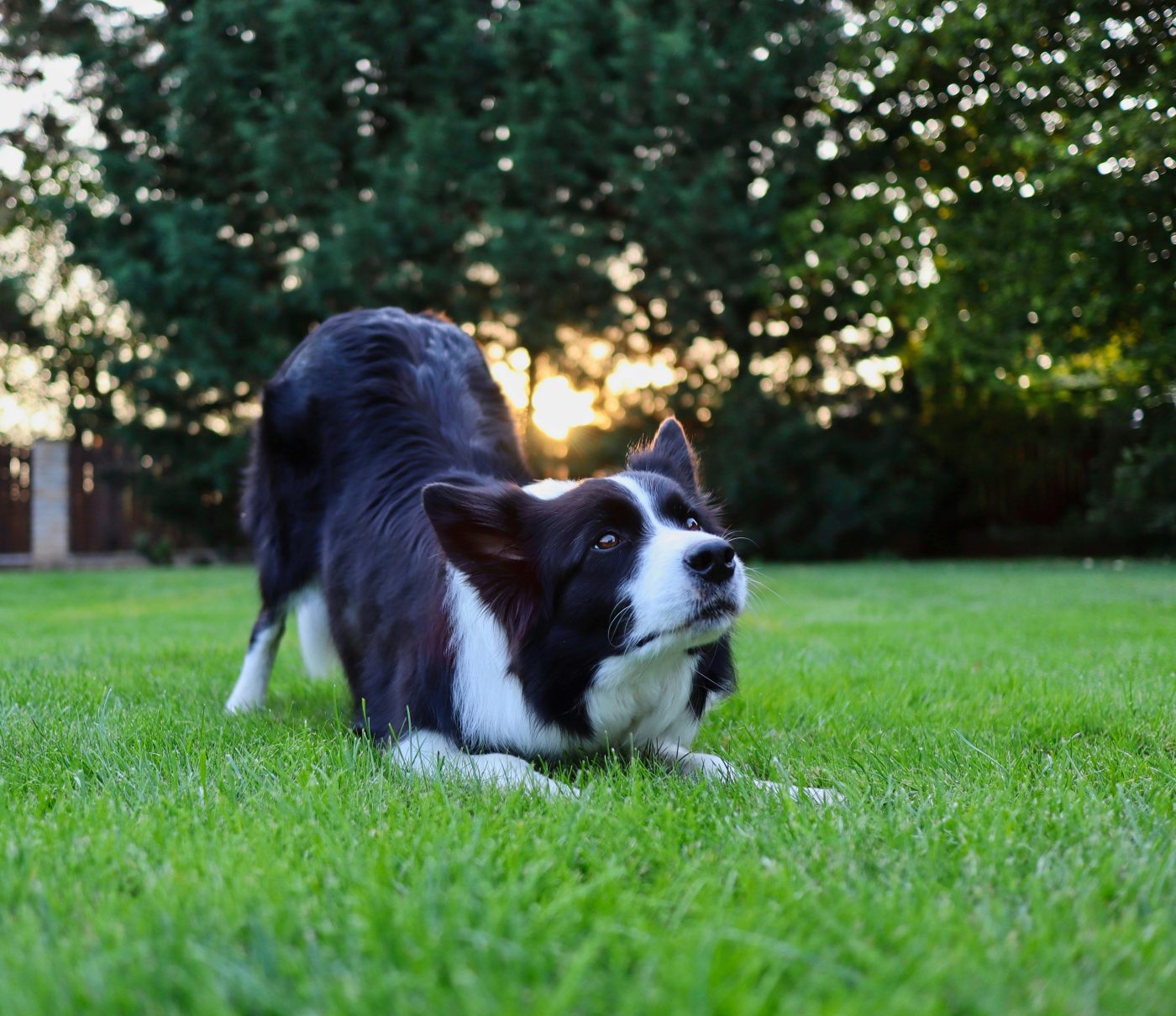
Teaching your dog basic obedience commands, like sit, stay, and come, is crucial for their safety and well-being. A well-trained dog is less likely to get into dangerous situations, like running into traffic or eating something harmful. Training sessions also provide mental stimulation and strengthen your bond. Using positive reinforcement techniques makes learning fun and rewarding for your dog. Older dogs can learn new commands, so it’s never too late to start training. Obedience training ensures your dog is well-behaved and safe in different environments, making life more enjoyable for both of you.
Keep Them Hydrated
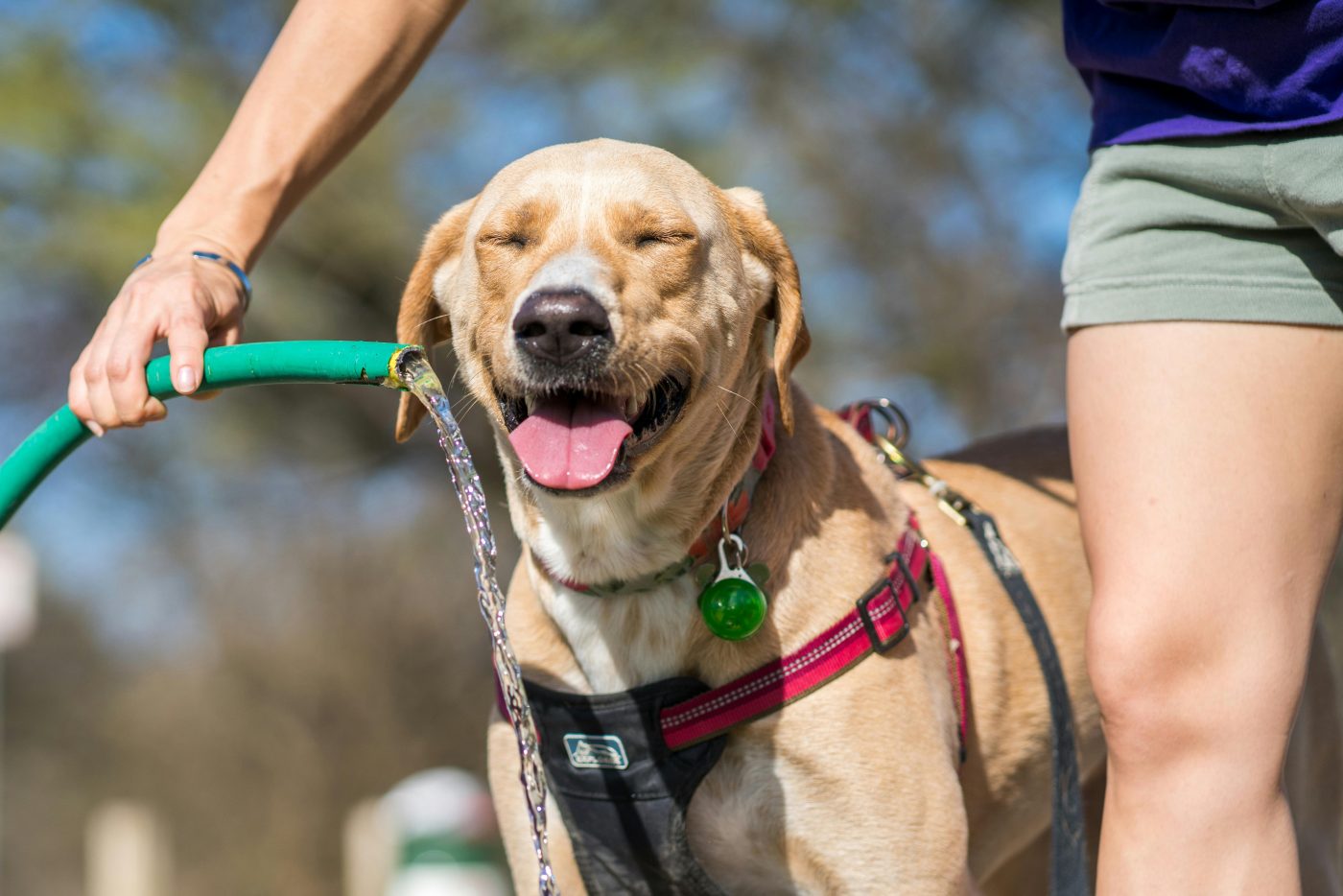
Proper hydration is essential for your dog’s health. Always make sure they have access to fresh, clean water, especially during hot weather or after exercise. Dehydration can lead to serious health issues, including kidney problems and heatstroke. Some dogs may need encouragement to drink more water, so adding water to their food or offering ice cubes as a treat can help. Pay attention to your dog’s water intake and recognize signs of dehydration, like excessive panting or dry gums. Keeping your dog hydrated keeps their body functioning smoothly and ensures they feel their best.
The Tail-Wagging Health Finale

Keeping your dog healthy doesn’t have to be complicated, but it does take effort and lots of love. Regular exercise, a balanced diet, mental stimulation, and plenty of affection can make a big difference in your dog’s life. Your furry friend relies on you for everything, and giving them the best care ensures a long, joyful life by your side. A happy, healthy dog brings more tail wags, slobbery kisses, and unforgettable adventures. Ultimately, isn’t all that love and joy worth the effort?
The post 13 Simple Ways to Keep Your Dog Happy, Healthy, and Thriving appeared first on iHeartDogs.com.
via Whisker Therapy